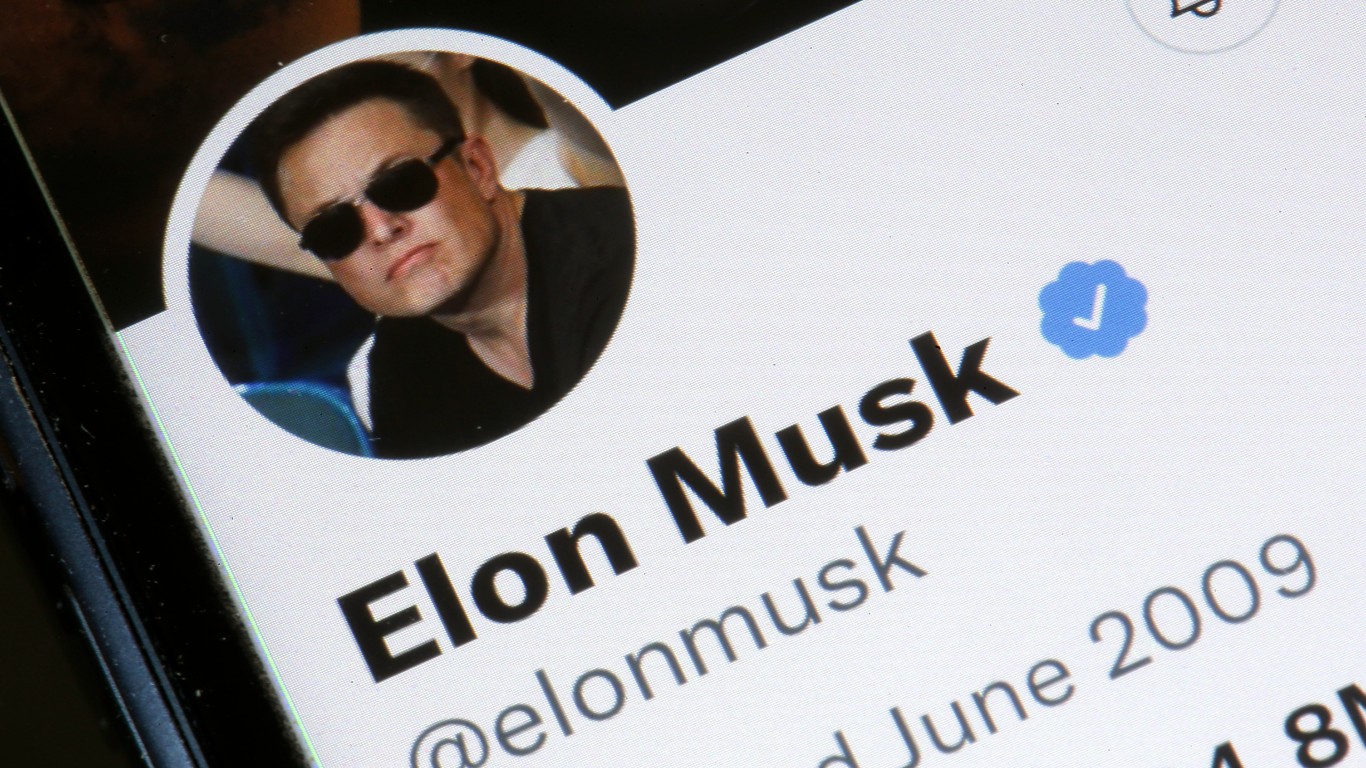Investing
Elon Musk's Securities Fraud Trial for Tesla's 'Going Private' Tweets Begins

Published:

Tesla (US:TSLA) CEO Elon Musk is set to face a securities-fraud trial in a San Francisco court over tweets from 2018 in which he suggested taking the company private, claiming he had secured funding.
That prompted investor Glen Littleton to file a lawsuit against Musk, Tesla, and its board members, alleging that Musk’s tweets caused billions in losses for investors by influencing the prices of Tesla stock, options, and bonds.
Musk has argued that he was considering taking the company private and believed he had the support of Saudi Arabia’s sovereign-wealth fund. However, the $72 billion deal never came to fruition.
The trial, set to run through Feb. 1, will focus on whether Musk’s tweets were material to investors and if he knew they were false.
While sales and profits continue to grow at a pace, many companies could only dream of; they are slowing. Wall Street forecasts 2022 full-year earnings advancing 80% to $4.07 per share after surging 202% in 2021. Sales should jump 55% to $83.3 billion, down from a 71% gain in 2021.
More recently, Tesla cut prices on most of its electric cars in the United States and Europe by as much as 20 percent to boost sales amid a slowdown in demand. The automaker faces increased competition in the global market for electric vehicles and rising interest rates in the United States, which have increased the cost of financing vehicle purchases.
The price cuts mean that some of Tesla’s lower-priced models will now qualify for federal tax credits of $7,500 under the Inflation Reduction Act. The credit is available on electric cars priced under $55,000. The company’s shares fell slightly on Friday following the price cuts but have fallen roughly 70 percent since November 2021.
Meanwhile, in 2023, analysts expect Tesla earnings per share to grow a cooler 40% to $5.66, with sales up 42% to $118.2 billion. That’s a strong pace, but the era of triple-digit growth and the idea of unlimited demand that long fueled Tesla stock may be over, and the company faces risks to the downside.
The turmoil surrounding Tesla this year has created mixed feelings among investors, some frustrated by the mercurial Musk’s extracurricular activities at Twitter and the time suck it creates for him.
In contrast, others remain sold on the company’s first mover status to overcome difficulties.
According to Fintel’s recent data from Quality, Value, Momentum (QVM) Scores, the company’s Quality score is 93.71, putting it at 335 out of 13,407. The proprietary scoring model identifies high quality companies based on cash generating efficiencies.
The company’s Value score is 55.38, ranking it at 8868 out of 18,945. The proprietary scoring model ranks companies based on their relative valuation; scores range from 0 to 100, with 100 being the most undervalued. The company’s Momentum score is 4.36, ranking it at 34,367 out of 34,985.
The proprietary scoring model ranks companies on their six-month momentum. The QVM Score is a proprietary scoring model that combines Quality, Value, and Momentum into a single metric that ranks companies from 0 to 100, which is not available in this case.
This article originally appeared on Fintel
Start by taking a quick retirement quiz from SmartAsset that will match you with up to 3 financial advisors that serve your area and beyond in 5 minutes, or less.
Each advisor has been vetted by SmartAsset and is held to a fiduciary standard to act in your best interests.
Here’s how it works:
1. Answer SmartAsset advisor match quiz
2. Review your pre-screened matches at your leisure. Check out the advisors’ profiles.
3. Speak with advisors at no cost to you. Have an introductory call on the phone or introduction in person and choose whom to work with in the future
Thank you for reading! Have some feedback for us?
Contact the 24/7 Wall St. editorial team.